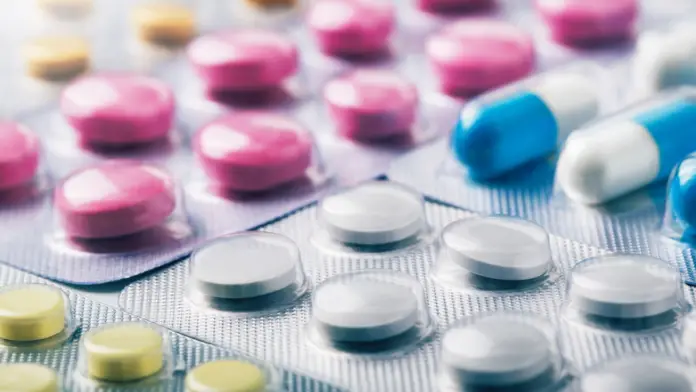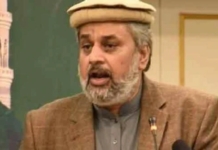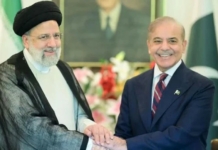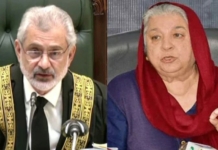The Economic Coordination Committee (ECC) on Monday deferred a proposal put forward by the Ministry of National Health Services, Regulations and Coordination’ for an increase in the prices of over 100 medicines.
The ECC, under the chair of Finance Minister Ishaq Dar, considered a summary of the Health Ministry for the maximum retail price of Remdesivir 100 mg injection – used for COVID-19 treatment – however, rejected the request deciding that the existing retail price of Rs1,892 per vial shall remain fixed. Since June last year, local and multinational companies, including Sanofi SA, have been lobbying the government to raise prices through industry lobby groups the Pharma Bureau and the Pakistan Pharmaceutical Manufacturer’s Association (PPMA).
Ayesha Tammy Haq, Executive Director of the Pharma Bureau, said some member companies have completely shut down, while others have cut output to offset production costs that have risen by 60% over the last six months. “We may hear of more shutdowns if things do not get better,” she said. Data from the statistics bureau compiled by Reuters showed the industry had cut overall output by 55% since June 2022. PPMA Chairman Farooq Bukhari said production could fall further. “If the government does not agree to adjust prices …, the PPMA cannot keep telling pharma companies to continue production.”
In addition to a global increase in the price of raw materials, the pharma companies have been hit by fiscal measures aimed at staving off economic collapse and securing more than $1 billion in funds from an International Monetary Fund (IMF) bailout. These measures include the removal of an artificial exchange rate for the rupee, which has fallen in value against the dollar by about a fifth since the start of the year. The country also suppressed imports, including inputs for the pharma sector earlier in the fiscal year as foreign exchange reserves dropped.
Inflation is also surging, hitting a 50-year-high of 31.5% in February, raising overall costs. “The industry is asking for an across-the-board increase in prices on the basis of high inflation and unprecedented devaluation,” a representative of Sanofi Aventis Pakistan Ltd said, declining to be named as company officials were not authorised to speak to the media.
Health Minister Abdul Qadir Patel recently met representatives of several pharma companies and discussed their demands, a spokesman told Reuters, without elaborating. Higher drug prices will add to the pain of many Pakistanis already grappling with higher fuel and food prices. Due to the production cuts, the supply of some medicine for diabetes such as glimepiride and insulin, are running low, said Mustufa Bilwani, director of major pharmacy chain Dvago.







